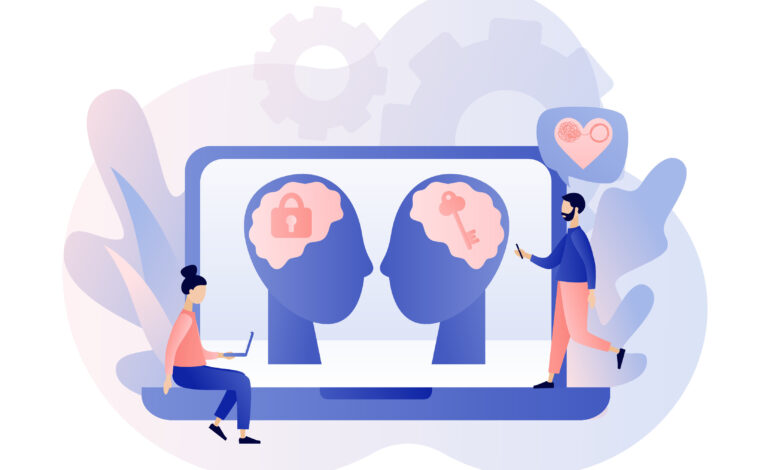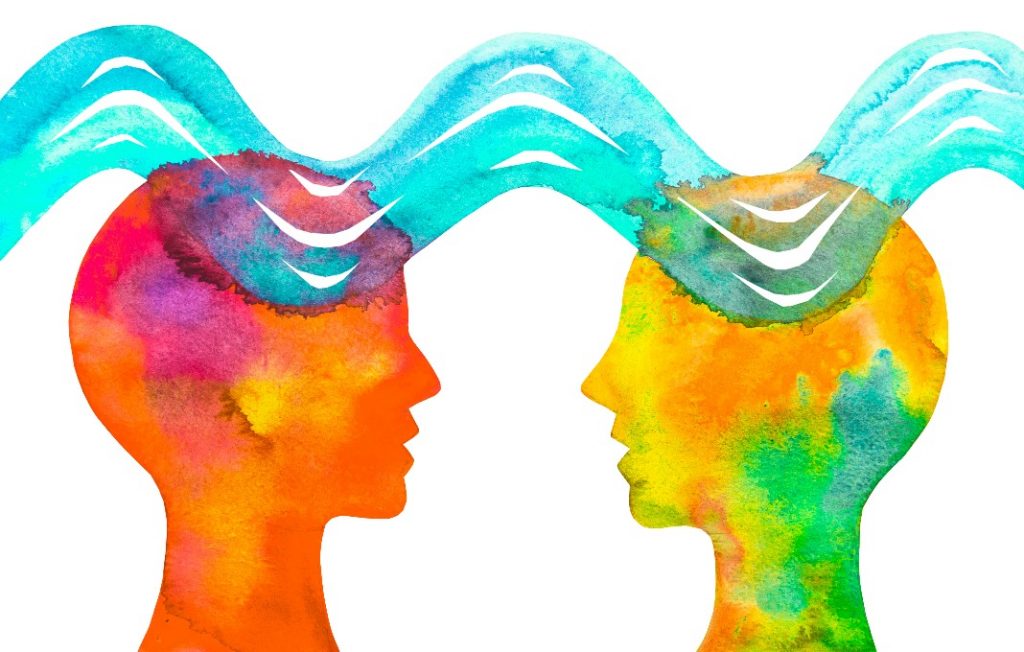
Have you ever had a close friend or family member who’s always there for you? They listen to your problems, provide advice, and generally make you feel understood. In other words, they’re empathetic.
The same goes for your boss, who knows how much effort you’ve put into that project and celebrates your accomplishments with enthusiasm and encouragement. She’s empathetic, too.
As it turns out, empathy plays an important role in our personal lives and professional development—and it can help us build stronger relationships with others while improving our overall well-being and success.
In this article, we’ll explore the deep-rooted connection between empathy and emotional intelligence (EQ), shedding light on how they work together to create more harmonious interactions and promote a healthier, more connected society.
Defining Empathy and Emotional Intelligence
Before delving into their interrelation, let’s first establish what empathy and emotional intelligence mean.

Empathy and emotional intelligence are two very different things, but they’re often confused for one another. They both have to do with understanding and managing emotions, but there are some important differences between the two. Empathy is the ability to understand and share the feelings of another person. It involves not only recognizing the emotions someone else is experiencing but also experiencing a similar emotional response oneself. It’s the cornerstone of meaningful human connection.
Emotional intelligence, on the other hand, is a broader concept that encompasses the capacity to recognize, understand, and manage our own emotions, as well as the ability to recognize, influence, and navigate the emotions of others. It involves self-awareness, self-regulation, motivation, social awareness, and interpersonal skills.
The Synergy Between Empathy and Emotional Intelligence
Self-Awareness and Understanding Others: At the core of emotional intelligence lies self-awareness. This is the ability to recognize and understand our own emotions, which is essential for effectively managing them. Empathy complements this by allowing us to extend this self-awareness to others. When we can identify and understand the emotions of those around us, we’re better equipped to respond appropriately.
The ability to manage our own emotions provides a foundation for empathy as well as for many other aspects of emotional intelligence. When we’re able to be aware of our own feelings and reactions, we have access to more information about what’s going on inside ourselves—and that allows us to better understand others’ feelings as well!
Effective Communication: We all want to be understood, and we all want to feel like our words are heard. But it’s easy to be misunderstood when we’re not communicating effectively, or even if we’re just on a bad day. You know what I’m talking about: you say something and your friend takes it the wrong way, or your boss thinks that you don’t care about her because you didn’t reply to her email quickly enough.
The good news is that empathy and emotional intelligence can help us improve our communication skills. By recognizing and acknowledging the emotions of others, we can tailor our communication style to be more effective and sensitive. This fosters a deeper level of understanding and trust in our relationships.
Conflict Resolution: Conflict resolution is a process that is frequently misunderstood. Many people think that conflict resolution occurs when two parties reach an agreement, but this is not always the case. In fact, the resolution of a conflict involves more than just resolving an issue: it involves resolving interpersonal relationships as well. It requires an understanding of what caused the conflict in the first place and an assessment of how to move forward with those involved in it.
Both empathy and emotional intelligence play pivotal roles in facilitating productive discussions and resolutions. Empathy helps us see the situation from the perspective of another person, while emotional intelligence enables us to regulate our own emotions and respond in a constructive manner. This combination facilitates productive discussions and resolutions.
Building and Nurturing Relationships: Empathy is the foundation upon which strong relationships are built. It allows us to connect with others on a meaningful level, fostering trust and intimacy. Emotional intelligence complements this by providing the tools to navigate the complexities of human emotions within these relationships.
Empathy is the ability to tune into other people’s feelings and perspectives, which helps us relate to them more deeply. It also helps us identify our own feelings and those of others, allowing us to self-regulate our moods and reactions so that we can respond appropriately in any given situation.
Emotional intelligence refers specifically to one’s ability to be aware of his or her own emotions as well as those of others—and then use that awareness constructively within social relationships. Emotionally intelligent individuals are able to manage their own feelings effectively so that they don’t get caught up in them too much; at the same time, they’re able to accurately read between the lines when someone else is feeling something but isn’t expressing it directly—or even if they’re intentionally miscommunicating with false displays of emotion!
Leadership and Teamwork: In the workplace, leaders are responsible for making sure that their team members are doing what they are supposed to be doing, and that they are doing it well. In order to do this, effective leaders must be able to understand what motivates each member of their team—and that requires empathy.

Empathy is the ability to see things from another person’s perspective, which allows you to connect with them on a personal level. This makes it easier for you to understand their strengths and weaknesses, as well as what makes them tick. It also means that when there is a problem with one of your employees, instead of getting frustrated or angry at them (which will only make things worse), you’ll be able to approach them in a way that gets them back on track without making either party feel attacked for who they are as individuals.
In essence, empathy and emotional intelligence are two sides of the same coin. While empathy provides the ability to connect with others on an emotional level, emotional intelligence equips us with the tools to manage these connections effectively. Together, they create a powerful synergy that fosters better communication, understanding, and relationships in both our personal and professional lives. By cultivating these qualities, we not only enrich our own experiences but also contribute to a more compassionate and empathetic society as a whole.
RUCHI RATHOR Founder & CEO
Payomatix Technologies Pvt. Ltd.
FOUNDER AND INVESTOR | PAYMENTS PROCESSING EXPERT | MERCHANT ACCOUNT SOLUTIONS | WHITE LABELLED PAYMENT GATEWAY | Dreamer, Creator, Achiever, Constantly Evolving
Website Ruchi Rathor: https://ruchirathor.com
Website Healing Heart https://thehealingheart.me/
Instagram https://www.instagram.com/ruchirathor/
LinkedIn https://www.linkedin.com/in/ruchirathor12/
Facebook https://www.facebook.com/ruchi.rathor.magnificient
Tumblr https://www.tumblr.com/blog/ruchirathor-thehealingheart
Medium https://medium.com/@ruchirathor_23436









